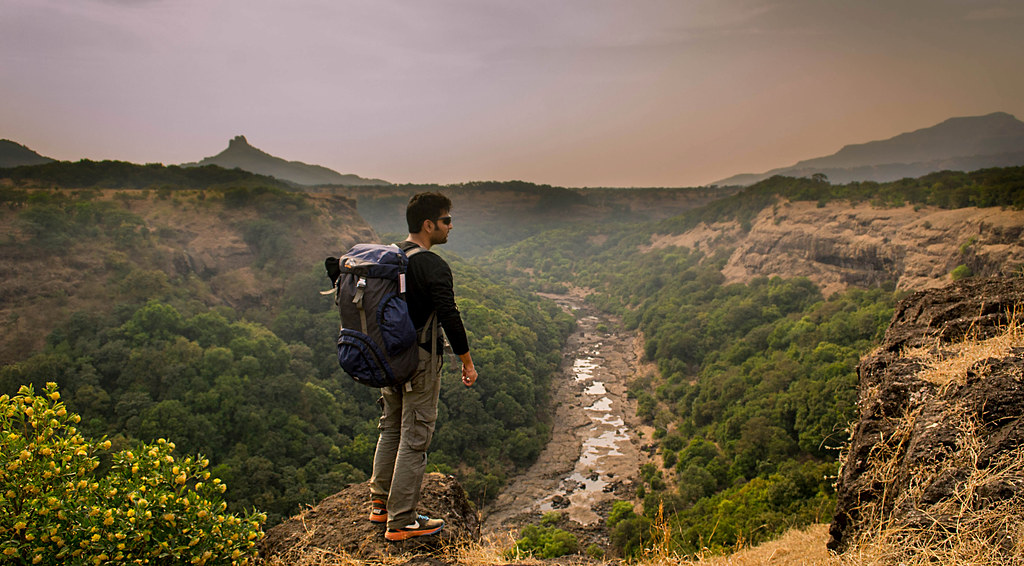Once seen as unusual or even lonely, solo travel is now one of the fastest-growing trends in the tourism industry. From backpackers in their twenties to professionals in their forties and retirees in their sixties, more people than ever are packing their bags and setting off on adventures—alone.
But what’s driving this movement? And why are so many travelers choosing to experience the world without companions?
1. Freedom and Flexibility
When you travel solo, the itinerary is entirely yours. No compromises over where to eat, which museum to visit, or when to wake up. This sense of complete freedom is one of the biggest attractions for solo travelers. Whether it’s changing plans last-minute or indulging in spontaneous adventures, the flexibility of solo travel is unmatched.
2. The Desire for Self-Discovery
Traveling alone forces you to step outside your comfort zone. You learn to navigate new cities, solve problems independently, and embrace unfamiliar cultures. Many solo travelers describe their journeys as transformative, offering deep insights into their own strengths, values, and resilience. It’s not just about exploring the world—it’s about discovering yourself.
3. Technology Makes It Easier Than Ever
Gone are the days when solo travel meant isolation. With smartphones, translation apps, GPS, and instant booking platforms, exploring alone has never been safer or more accessible. Social platforms and travel communities also allow solo travelers to connect with locals or meet fellow adventurers, making the experience less daunting and more enriching.
4. Escaping the Noise of Everyday Life
In a hyper-connected world, many people crave solitude. Solo travel provides a rare opportunity to disconnect from constant notifications, workplace demands, and social obligations. For some, it’s not about loneliness—it’s about reclaiming quiet time and finding peace in unfamiliar places.
5. Changing Social Norms
Society is increasingly celebrating independence and individuality. Choosing to travel alone no longer carries the stigma it once did. In fact, it’s seen as a sign of confidence, curiosity, and adventure. Tour operators and destinations have noticed, too—many now design packages and accommodations specifically for solo travelers.
6. Overcoming Fear and Building Confidence
For many, the idea of traveling alone initially feels intimidating. But with every train caught on time, meal ordered in another language, or friendship made abroad, confidence grows. Solo travelers often return home not just with souvenirs, but with a stronger sense of empowerment that carries into other areas of life.
Tips for a Rewarding Solo Trip
- Start small: Try a weekend getaway before embarking on a longer journey.
- Stay connected: Share your itinerary with family or friends for safety.
- Embrace local culture: Take walking tours, cooking classes, or language lessons to connect with communities.
- Balance solitude and connection: Enjoy quiet moments but don’t hesitate to strike up conversations.
Final Thought
The rise of solo travel isn’t just a passing trend—it’s a reflection of changing lifestyles and priorities. In a world where independence is valued and self-discovery is celebrated, traveling alone is becoming the ultimate form of personal freedom.
Whether it’s to find yourself, meet others, or simply enjoy the journey on your own terms, solo travel proves that sometimes, the best company you can have is yourself.



























